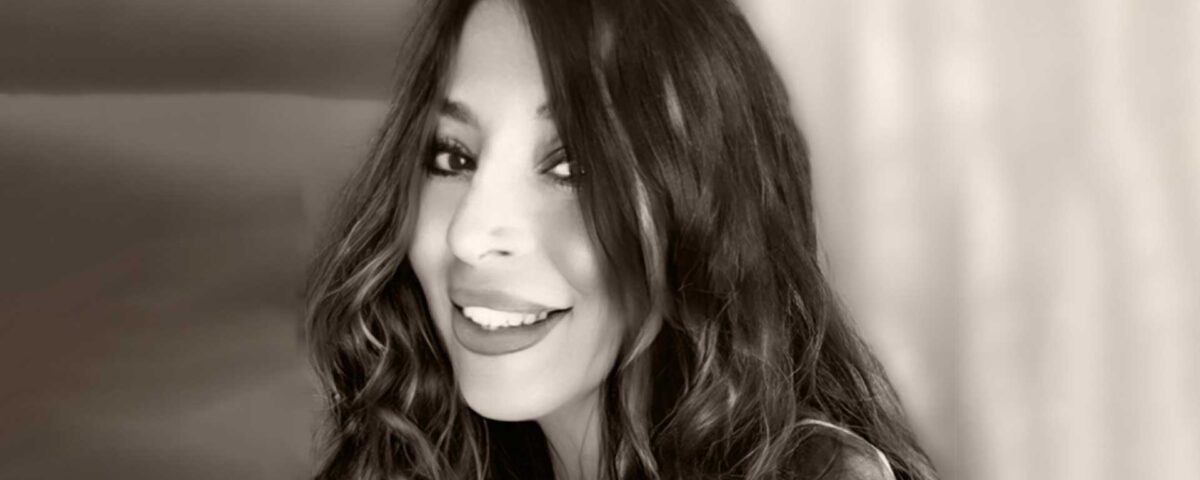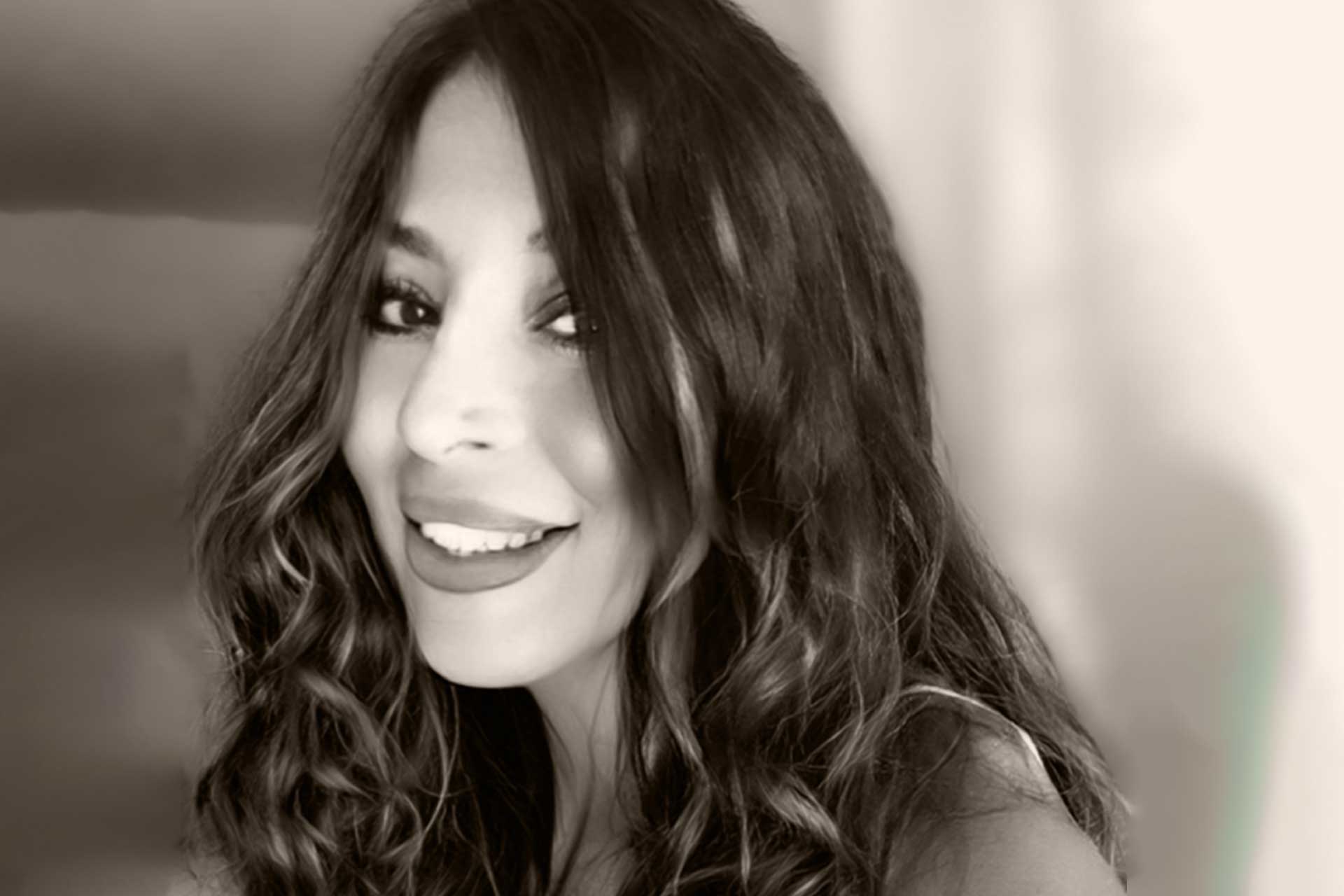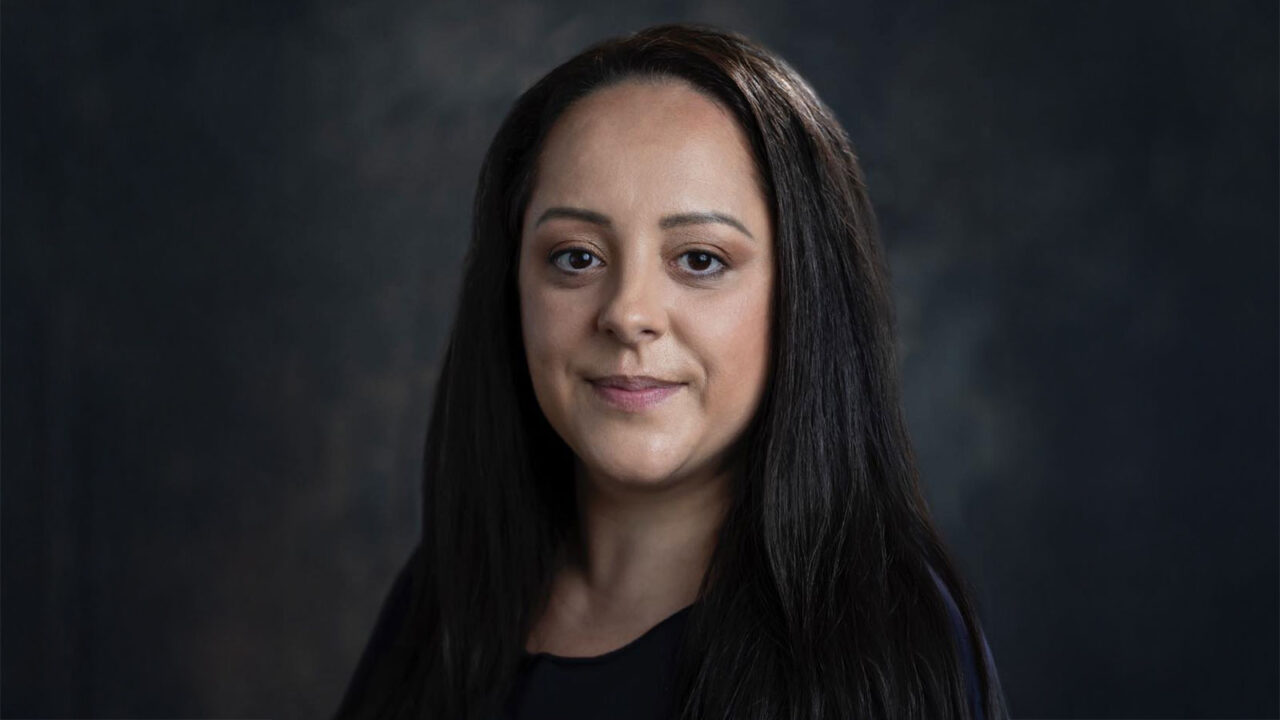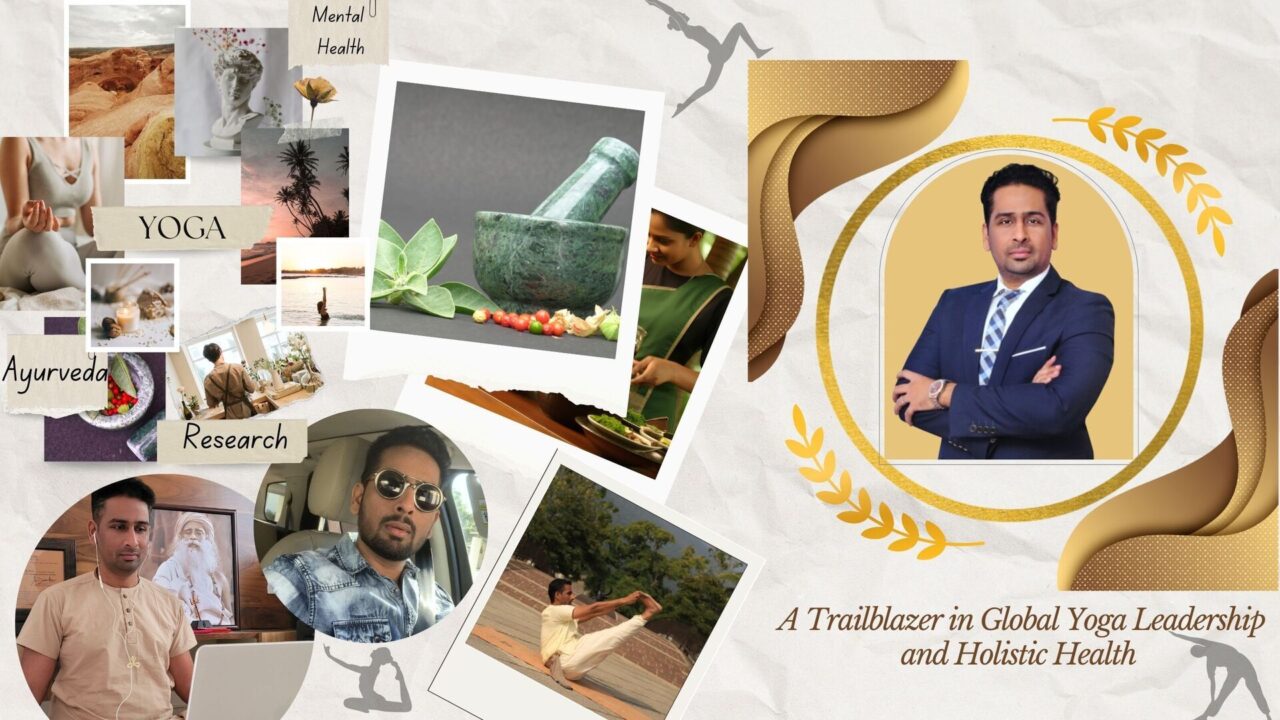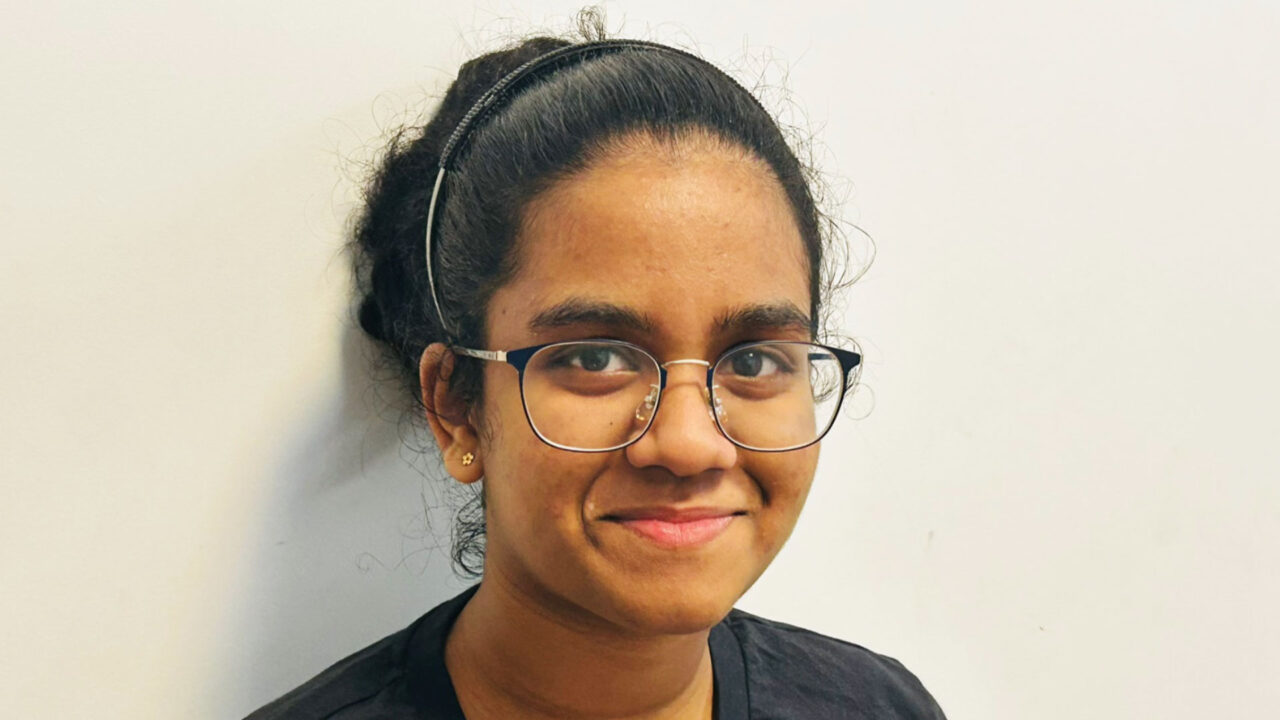Alessandra Minotti | Juror of European Photography Awards

Interview with Abed Halawi | Capturing Timeless Charms from the Netherlands
October 18, 2024
HP Spectre x360 | Lightweight, Stylish & Fun
October 22, 2024Alessandra Minotti
Professional Photographer, Visual Artist, Printmaking Expert
Juror of European Photography Awards | London Photography Awards | MUSE Photography Awards
Alessandra Minotti is a renowned photographer, visual artist, and an expert in the printing and development field. She began her professional photography career after completing her studies in art and photography. In 1994 she founded a photography lab in Rome for her professional career.
Minotti excelled in various photography genres where her works are often involved with multiple exposures and sophisticated photo manipulation. Her art explores deep and complex themes such as identity, violence against women, psychophysical well-being, and drawing on her own life experiences to name a few. Her works have been featured in solo and group exhibitions across Italy, Spain, and internationally. She has authored both a monograph and an eBook, and her artwork has been recognised in prestigious art publications and showcased on the Saatchi Gallery London screen for six consecutive years.
An interview with Alessandra Minotti
I began my professional career in the year 1994 when I took over a photography laboratory in Rome, Italy. During my time in Rome, there weren't many female photographers, so I had to relate to an almost entirely male-dominant field, it wasn't easy, but I managed.
In the laboratory, I was mainly involved in development, printing, and professional photographic services. With the experience of printing and my artistic studies, when there was the transition from analog to digital, I became passionate about photo retouching, trying to implement more techniques in photography, both for commissioned works and for personal projects, with collages or digital painting, also shooting a lot in multiple exposures, for which I have a real passion.
Subsequently, I began to exhibit my artworks in Italy and abroad, taking advantage of the 8 years of life and work experience in Spain, which broadened my photographic vision. I deal with topics such as violence against women, identity, psychophysical well-being, healthy food, places, and the environment. I published two books which have been published in magazines and art books.
Alessandra Minotti
Professional Photographer, Visual Artist, Printmaking Expert
Alessandra Minotti is a skilled professional photographer, visual artist, experienced developer, and printmaking expert with a creative lab under her care. Displayed in solo and group exhibitions globally, her work has garnered recognition in esteemed art publications and books while being showcased on the Saatchi Gallery London screen for six years.
Discover the exceptional members of the MUSE Design Awards Grand Jury Panel, featuring Ilana Seleznev, owner of Studio RDD and renowned industrial designer.
Witness the artistic mastery that defines the European Photography Awards, guided by the wisdom of the Grand Jury Panel.
